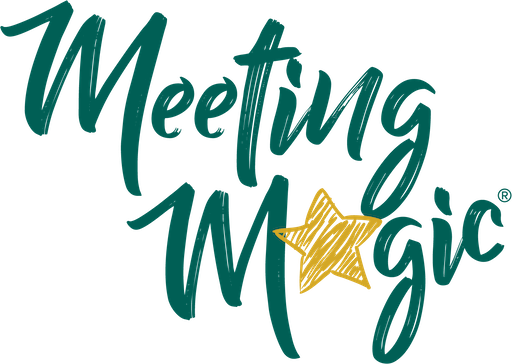Teams are the units of work that power our organisations.
However, just putting people in the same reporting line on an organisation chart does not guarantee that a team will work.
Changing team membership, fast changing environment and hybrid working means teams need to work on working together if they want to collaborate well.
We use our expertise in applied behavioural science and group dynamics to support teams to develop and sustain high levels of teamwork.
Every team is different and the levels of teamwork required depend on the interdependencies between team members. We can help you figure out which aspects of your teams’ work require the most team work, and support you to develop this capacity and capability.
Typical types of work with teams…
- Team Kick offs – get a new team off to a flying start with our approach to team kick offs.
- Team coaching – Many teams limp along, never reaching high performance. For teams that want to reach new levels, we can support with team coaching aimed at developing the relationships and ways of working between members.
- Teams in change – When something changes, like a new leader or team member, we can help navigate this transition well.
- Teams in conflict – When things aren’t working well in a team it is often due to underlying conflicts. when we manage these conflicts creatively, it can release the energy and performance in a group.
- Team leadership – Supporting leaders and managers to learn about group dynamics and how to develop high performance in teams
We can help!
Our graphic facilitation approach
We use a graphic facilitation approach to the way we work. By this we mean we use visuals, charts, Murals and storymaps to support team development work.



There is a power in working visually that transcends language and cultural barriers.
The use of public recording in teams fosters trust and respect. Team members feel heard as their contributions are recorded real-time in the room. These records also provide a group memory of conversations and agreements, supporting team cohesion on an ongoing basis.
Teams are often put together in the hope that together everyone will achieve more, but how often does this actually happen?
Katherine Handy-Woods
